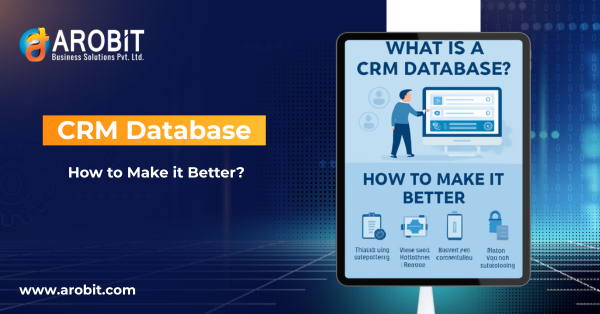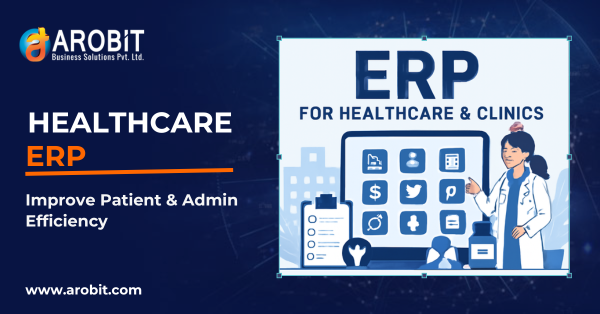Every business of all sectors now relies more on software development in this fast-moving digital environment. 87% of businesses currently believe they have a competitive advantage due to custom software, according to a recent study done in 2025. This blog describes the wide scope of software development and explains its numerous benefits for businesses targeting development, efficiency, and competitive advantage.
Defining Software Development
Software development refers to the systematic approach of designing, building, implementing, and managing software applications. It encompasses all stages from initial conception to ongoing maintenance. This is a multifaceted discipline going beyond the act of writing a code. It refers to the entire life cycle of a software product—from the initial conception of an idea to its final release and continuing maintenance. The stages involved in software development can be summarized by a structured approach termed Software Development Life Cycle (SDLC).
The stages include:
- Needs identification: Determining specific needs and goals that the software intends to meet.
- Requirement analysis: Collecting and documenting detailed requirements of the software concerning functional and non-functional aspects.
- Design: Preparing the architecture of the software, with the structure, components, and interactions detailed.
- Implementation: Writing the actual code according to the specification design.
- Testing: Prognosis of the system with the intent of finding and correcting errors.
- Deployment: Putting the software into the hands of the users.
- Maintenance: Managing and upgrading software on an ongoing basis to ensure longer life and compliance with current demands.
Key Aspects of Software Development
A software development company encompasses many skills, tools, languages, and methodologies.
- Skills and Roles: Developers, testers, analysts, graphic designers, and user-support technicians are all part and parcel of software development teams.
- Tools: Activities within software development are also carried out with tools like compilers, Integrated Development Environments (IDEs), and version control systems.
- Languages: Popularly used programming languages include C, C++, Java, Python, and JavaScript.
- Methodologies: There are many software development methodologies, including Agile, Waterfall, and DevOps, each of which provides a different approach to project management and collaboration.
Why Your Business Needs Software Development
Investing in software development can bring numerous benefits to your business:
- Increased Efficiency and Productivity: Custom software can be used for automating repetitive tasks, streamlining workflows, and overall resource usage, leading to great efficiency and productivity.
- Competitive Advantage: Unique software solutions help set you apart from your competition by offering better, innovative features, better customer experiences, and an enhanced ability to operate.
- Customer Experience Has an Edge: Software enhances excellent interaction with customers through a personalized experience, enabling self-service portals and seamless communications.
- Data-Driven Decision Making: Software collects data for analysis and offers meaningful insights about customer behavior, market trends, and operational performance to aid in decision-making.
- Scalability and Flexibility: Software can be modified and expanded to address changing business requirements; with this, investments in technology maintain their relevance and effectiveness as your organization grows.
- Problem Solving: Developing software that is efficient, functional, and user-experience-based to suit given needs or problems.
Examples of Software Solutions for Businesses
Software development can be used in all sorts of ways to build solutions for businesses:
- Custom Applications: Custom-made software is designed to accommodate particular business needs, like inventory management, customer relationship management (CRM), or streamlining the supply chain.
- E-commerce Websites: Online presence and platforms serve to reach a larger audience and ease the online purchasing process.
- Mobile Applications: Engage with customers directly on devices by providing access to products, services, and information.
- Internal Systems: Software developed to promote internal operations, human resources (HR), and many other operative arms of business.
The Software Development Life Cycle: Examined in Depth
The Software Development Life Cycle provides a clear framework for software development, ensuring each project is well planned and executed through to maintenance. Current software development practices stress iterative approaches and continuous feedback and refinement throughout the software lifecycle.
Requirements Gathering: Requirements gathering takes place subsequently, whereby thorough gathering of the requirements is some form of assurance to the end-users and stakeholders that the software will perform as anticipated. This usually incorporates user interviews, surveys, and workshops to assemble comprehensive information regarding expected functionality, performance, and user perspectives.
Making Informed Decisions About Software Investments
Software investments give good returns when:
- It matches software development with business goals: Ensure your software projects also support the intended overall goals of your business.
- The correct software development approach is chosen: Weigh the advantages and disadvantages of in-house development, outsourcing, and other options available to decide which is best for your needs and resource availabilities.
- The emphasis is put upon communication and collaboration: Ensure the proper flow of information to allow effective collaboration between the development team and the stakeholders so the software will meet expectations.
FAQs
Q1. What are the main stages of the Software Development Life Cycle (SDLC), and how are they important for organizations to understand?
A1. The main stages of the SDLC include needs compilation, requirements analysis and design, development, testing, deployment, and maintenance. Understanding this would give businesses an orderly way in which they handle software development, ensuring that projects are well-prepared, executed, and maintained.
Q2. How can custom software development give my business an edge over off-the-shelf solutions?
A2. Custom Sotfware Development gives the business an array of benefits over off-the-shelf solutions:
- Tailored solutions: Custom software has been tailor-made to your business requirements, taking care of proper functionality.
- Differentiation: Its unique solution features can provide your business with differentiation from competitors by introducing innovative features and better customer experiences.
- Control: Custom software offers complete control over the upgrades, integrations, and features.
Q3. What are the different options available for software development (in-house, outsourcing, etc.), and what are the pros and cons of each for my business?
A3. There are two main options for software development:
In-house development: Building a team of software developers inside your company.
- Pros: Control over the process, collaboration, and insight into business needs.
- Cons: Higher costs, longer timelines, and difficulty in attracting and retaining talent.
Outsource: An external software development company could be hired.
- Pros: Lower costs, shorter timelines, and access to specialized skills.
- Cons: less control, potential communication barriers, data security, and intellectual property risks.
Conclusion
A software development company is an essential investment in a modern business that strives for increased efficiency, a competitive edge, and growth. A complete understanding of the essential elements of software development will empower companies to make their software investments wisely and take advantage of information technology as a vehicle to attain their corporate objectives. Empirically explore the multitude of software development alternatives available to you, and set upon a learning journey that channels talents into worthwhile and effective software solutions and further transforms your business.
Discover the Best Software Development Companies
Looking for the right software development partner? Explore our Top 10 Software Development Companies in India to find the best fit for your business. Need help selecting the right one? Check out our Step-by-Step Guide to Hiring the Right Software Development Company for expert insights.








